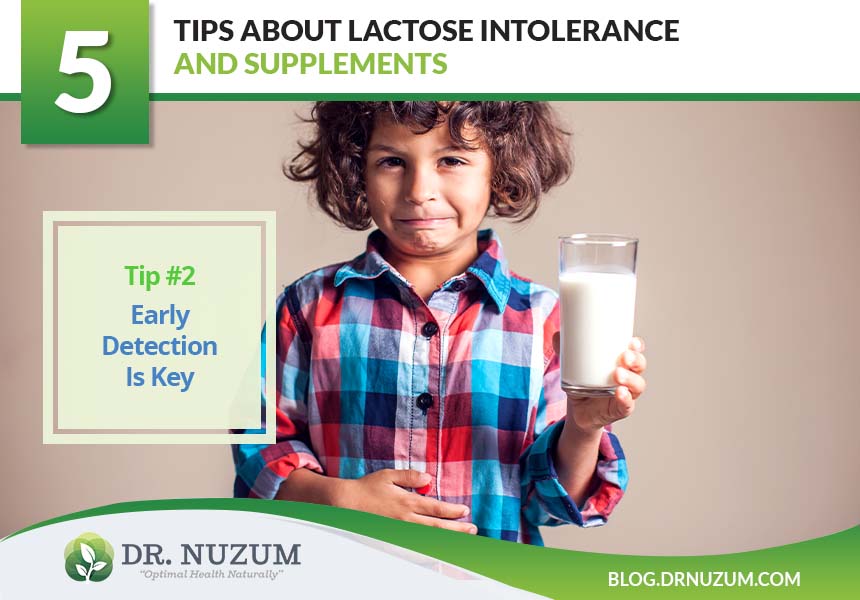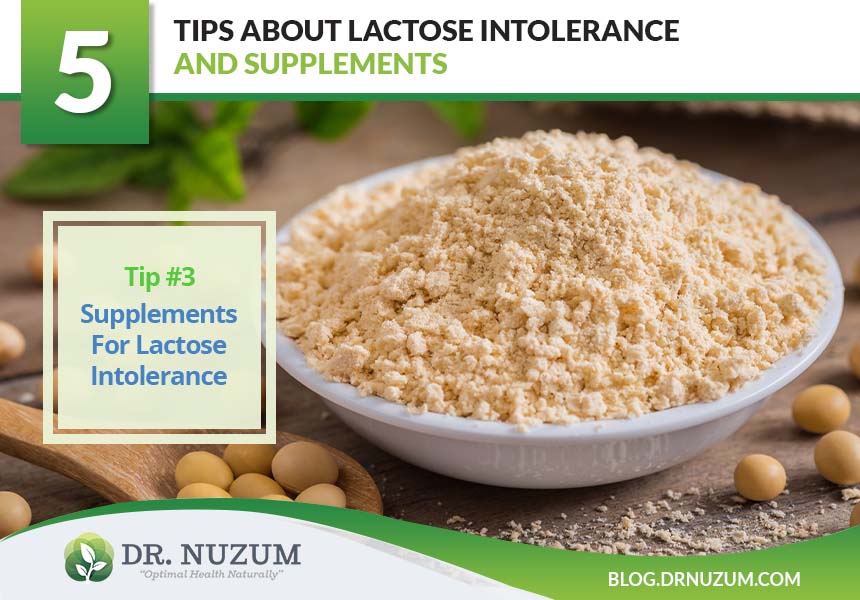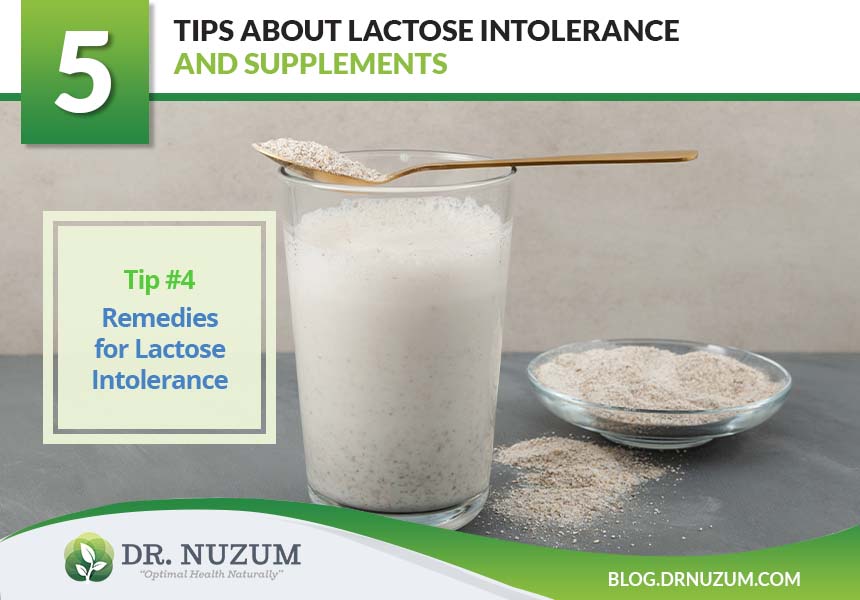You’ve undoubtedly heard that certain individuals are unable to consume dairy products, such as milk or cheese. But why? It’s because they have lactose intolerance, which means that their bodies can’t completely break down lactose. Lactose is the sugar in milk that makes up most part of dairy products. We’ll share some facts about lactose intolerance and supplements with you in this article.
First, we will look at genetic factors as well as lactose intolerance and early detection. We’ll go over dietary supplements for lactose intolerance in detail next. Then, we’ll talk about some remedies and the lack of lactase in your body and how that affects you as you age. You’ll be able to take advantage of this information on lactose intolerance and supplements after you’ve finished reading.

1Genetic Factors And Lactose Intolerance
According to studies, your genetic makeup can determine whether or not you develop lactose intolerance at any time in your life. The LCT gene is responsible for producing or secreting lactase, which is a necessary enzyme that breaks down lactose. Furthermore, this gene may become less active, resulting in lactose intolerance.
Lactose intolerance symptoms can begin as early as age two in some people, while it can take years for other people to manifest. This is determined by how quickly the enzyme loses its activity. According to the NIH, certain ethnic groups are more susceptible to lactose intolerance than others. In adulthood, East Asian, West African, Jewish, Arab, Greek, and Italian individuals are more likely to have lactose intolerance than other populations.

2Early Detection Is Key
Early detection is critical in situations of lactose intolerance. The sooner you discover that you have lactose intolerance, the easier it will be to adapt and take the necessary measures to live a healthy life without milk and other dairy products. It’s also critical that you see your doctor if you want to avoid health risks linked with lactose intolerance.
Because other illnesses have the same symptoms, it’s no surprise that this is the case. If you’re asking when to visit a doctor, you should go right away if you experience any of these signs. Because lactose intolerance is defined as an inability to digest lactose, supplements for indigestion are permitted but only after consulting with your doctor.

3Supplements For Lactose Intolerance
You’ll need to obtain these critical components and minerals from other sources because you’ll be eliminating all traces of lactose-rich foods from your diet. You can simply acquire the nutrients that your body requires, owing to the availability of supplements to help with lactose intolerance. Soy is a good option because it has a lot of calcium, which is the major mineral in milk.
Soy is typically safe, assuming that you don’t have a milk allergy. This mostly happens in children aged three and under, indicating an incapability to consume soy milk. However, most children outgrow this intolerance eventually. Taking lactase enzyme drops or tablets may also help with digestion. The main problem is that this form of medication does not always work for everyone with lactose intolerance.

4Remedies For Lactose Intolerance
Lactose intolerance is not yet known to have a specific and certified cure. However, you may take certain actions to prevent the discomfort caused by lactose intolerance. Eating and drinking dairy products with reduced amounts of lactose is one way to alleviate your discomfort. You can eat dairy foods in modest doses as part of your normal diet.
To make milk easier to drink, add some powder or liquid to your normal milk before consuming it. Do not consume a lot of milk and other dairy products all at once. If you cannot digest any amount of lactose and exhibit certain symptoms, you will almost certainly need to eliminate all lactose from your diet.

5Deficiency Of Lactase In The Body
A lack of lactase, which is produced in the small intestine, is the most common reason for lactose intolerance. It happens when the small intestine doesn’t make enough lactase to digest lactose. Lactase typically splits lactose into two simple sugars, galactose and glucose, which are then absorbed via the intestinal wall into the circulation.
When someone has lactase deficiency, the sugar content in the meals consumed is instead transported to the colon, where it is not broken down and absorbed. Bacteria then interact with the undigested lactose inside the colon. The end result of this connection is a variety of symptoms.

Individuals who are lactose intolerant are not as uncommon. They have a condition in which their bodies are unable to break down lactose completely, also known as lactose intolerance. Lactose is the sugar primarily found in dairy products. We compiled a list of facts about lactose intolerance and supplements for you in this article.
We began with the genetic causes of lactose intolerance and the early detection as well as supplements for lactose intolerance. Then, we covered supplements and some remedies and concluded with lactase deficiency. You may now use this information on lactose intolerance and supplements to your advantage.

